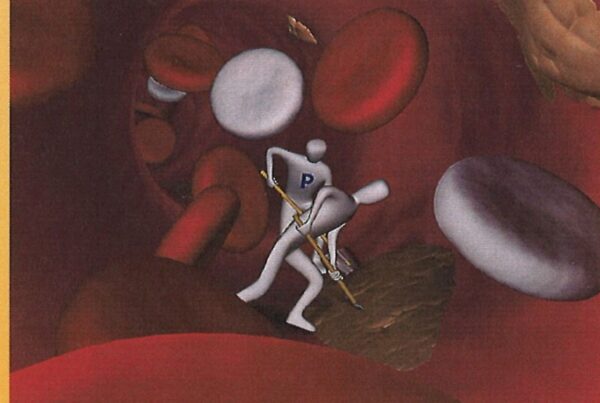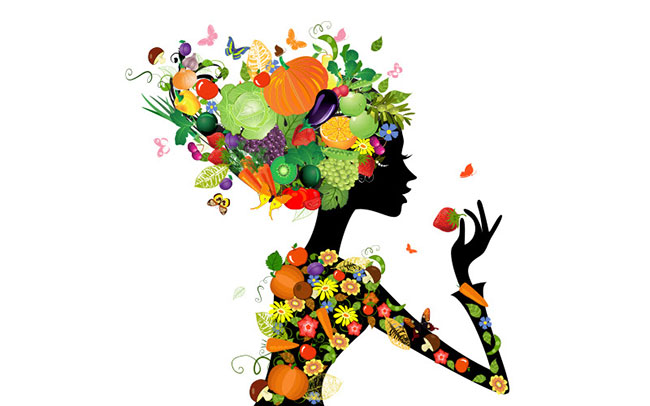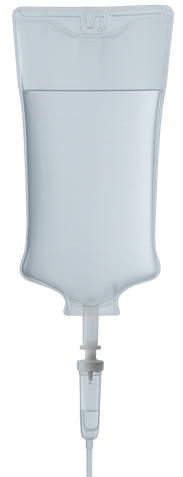Allergies got you down – We’ve got you covered with high-powered IV VIT C! Allergies are in FULL swing in most of the country with the arrival of spring. The good news; there’s evidence that vitamin C, also known as ascorbic acid, may help with some allergies. Vitamin C acts as a natural antihistamine and antioxidant. Studies have shown it may decrease inflammation, swelling, and related symptoms that happen at the site of an allergic reaction.
Allergy Symptoms
Symptoms occur when your immune system reacts to a foreign invader, called an allergen. Common allergens include pollen, pet dander, and proteins in certain foods. Cells in your immune system called mast cells are activated and release histamine to help block the invader.
Histamine may trigger the following allergy symptoms:
• Runny Nose
• Sneezing
• Red, Watery Eyes
• Itching
• Rash
• Asthma
• Vomiting or Diarrhea
• Swelling
• Anaphylaxis (A rare but life-threatening swelling in the airway)
Allergies got you down – We’ve Got You Covered with High-Powered IV VIT C!
Antihistamine medications can be used for seasonal and enviromental allergies – they typically block histamine and its effects, but they can have unwanted side effects of their own
Vitamin C acts differently from antihistamine medications, reducing the amount of antihistamine you produce rather than blocking antihistamine receptors. Research suggests histamine levels may reduce by about 38% after a person takes 2 grams of vitamin C. Receiving a higher dose of vitamin C through an IV (intravenous) might be more effective because you’re able to take a much higher dose and it’s immediately available to your body.
A small study in 89 people with allergies or infectious diseases showed that those who received a 7.5-gram IV infusion of vitamin C had about 50% less histamine in their blood. Another observational study looked at the effects of giving an intravenous (IV) infusion of vitamin C to people with allergic symptoms in the skin or respiratory system. It found that a 7.5-gram dose via IV was associated with a reduction in allergy symptoms like runny nose, sneezing, itching, restlessness, and sleep problems in 97% of people with allergies. ⠀
Allergy symptoms happen when your body releases histamine in response to an allergen. Vitamin C is a natural antihistamine that several small studies have shown may reduce allergy symptoms.
Which Allergies Could It Benefit?
Vitamin C seems to reduce upper respiratory symptoms that seasonal or environmental allergies cause. Common allergens may include pollen, mold, dust, and pet dander. With these allergens, the histamine reaction occurs in the nose or sinuses, resulting in allergic rhinitis — runny nose, sneezing, congestion, and red, watery eyes. The allergens can also trigger a reaction in your lungs that can lead to asthma. 
Vitamin C’s antihistamine properties might help reduce allergic rhinitis and asthma, as blood vessels in your respiratory tract have high concentrations of mast cells, which produce histamine. Some research also suggests that the antioxidant properties of vitamin C may protect lung function by protecting cells in your lungs from oxidative damage.
Compared with seasonal or environmental allergies, food allergies tend to cause a more serious reaction and can affect your digestive tract, skin, eyes, and throat, as well as your respiratory tract. In severe cases, a food allergy can cause a deadly anaphylactic reaction in someone who is allergic and has been exposed to the allergen, even if only to just a tiny amount. If you or someone in your family has been diagnosed with a food allergy, it’s essential to avoid the food that causes the reaction.
Precautions
If you have any allergies that cause severe symptoms, it’s important to work with your healthcare professional and not rely solely on vitamin C to manage them. You can certainly ask about using vitamin C as a complementary therapy, though. Experts consider vitamin C supplements safe for most people to use. However, be aware they may interact with some medications.
 Specifically, vitamin C might reduce the effectiveness of radiation, chemotherapy, and some cholesterol-lowering medications.
Specifically, vitamin C might reduce the effectiveness of radiation, chemotherapy, and some cholesterol-lowering medications.
Vitamin C enhances the absorption of iron. That’s not a problem for most people. However, it may be an issue if you have a condition called hemochromatosis, in which too much iron accumulates in your body. In this case, consuming too much vitamin C may cause you to accumulate more iron, which may damage tissues.
Finally, you should be cautious with vitamin C supplements if you have a kidney condition or are prone to kidney stones. A high intake of vitamin C could potentially contribute to forming kidney stones.
Before taking high doses of vitamin C, or any other nutritional supplement, it’s always a good idea to discuss the pros and cons with your healthcare professional.
Allergies got you down – we’ve got you covered with high-powered IV VIT C!
????????????????????????????????????‼️
Featured Image: Getty / Sebastian Kopp / EyeEm
Curated Content: Vitamin C for Allergies








